Book Introduction:
This book, based on the author’s Ph.D. thesis, delves into the relevance of Marxian theory on workers' emancipation in the context of Bangladesh following its independence in 1971. The study is particularly centered on the formation and growth of the country’s emerging working class and their potential as agents of social transformation.
Set against the backdrop of the vibrant global socialist movement of the 1960s and 1970s—when Marxist ideologies were influencing political thought and activism across continents—the book examines whether the socio-economic realities of post-liberation Bangladesh supported the expected trajectory predicted by Marx and later Marxist theorists.
The first part of the book provides a comprehensive review of Marx’s model of capitalist development and the emergence of the proletariat. It discusses the Marxist concept that the working class would not only increase in number but also develop qualitatively, acquiring new mentalities, attitudes, and class consciousness. Marx envisioned a revolutionary transformation—not evolutionary—where this class would ultimately rise against capitalist structures, leading to social revolution. This transformation, according to Marx, was inevitable given certain socio-economic assumptions.
A key concept discussed is the development of class consciousness—first as a "class in itself" (united by economic interests through trade unions), and then as a "class for itself" (aware of its historical role to transform society through revolution).
The second part of the book presents the findings of an empirical survey conducted in 1988–89 among workers from four major industrial sectors in and around Dhaka, the capital of Bangladesh. The research investigates whether the working class in Bangladesh was developing in the manner outlined by Marxist theory, and if it was capable of playing a leading revolutionary role.
The analysis integrates primary data from the field study with secondary and tertiary sources from Bangladesh, India, and Pakistan. The results are examined both theoretically and empirically to determine the extent to which Marx’s vision holds true in the socio-political and economic context of Bangladesh.
| Title | Patterns of Working Class Development In Bangladesh Since Independence 1972-1988 |
| Author | সৈয়দ তারিক উজ-জামান,Syed Tariq Uz-Zaman |
| Publisher | বাঙ্গালা গবেষণা |
| ISBN | 9789849668787 |
| Edition | 1st Published, 2022 |
| Number of Pages | |
| Country | Bangladesh |
| Language | Bengali, |
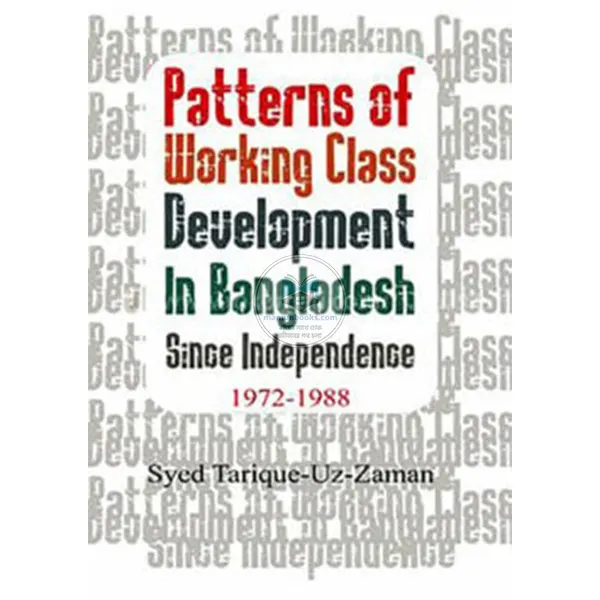

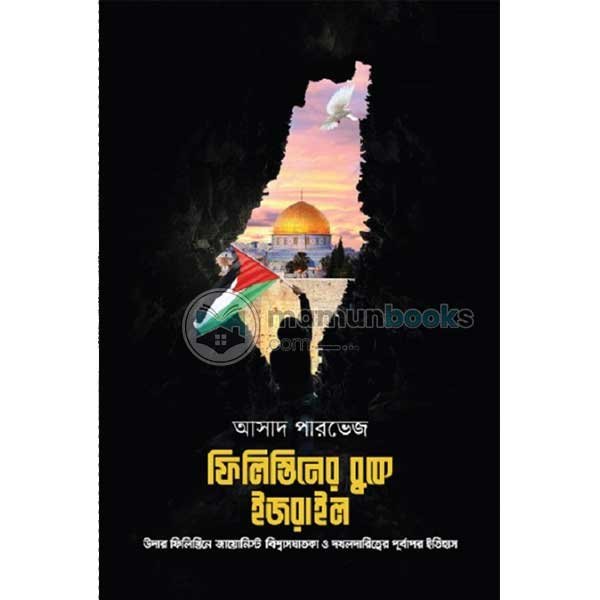
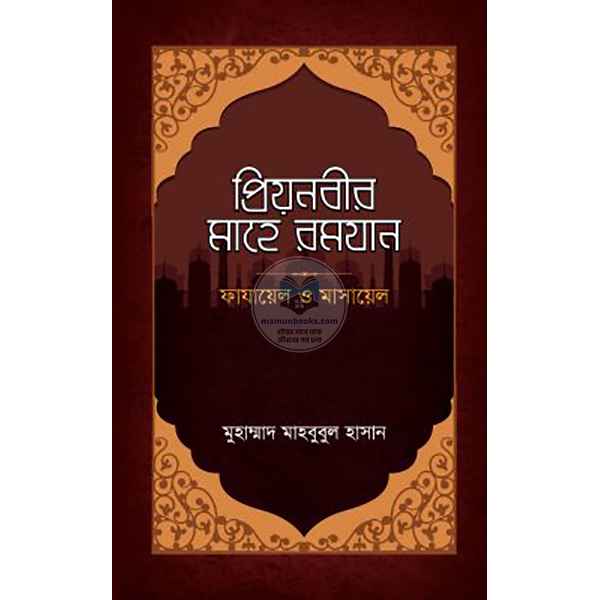

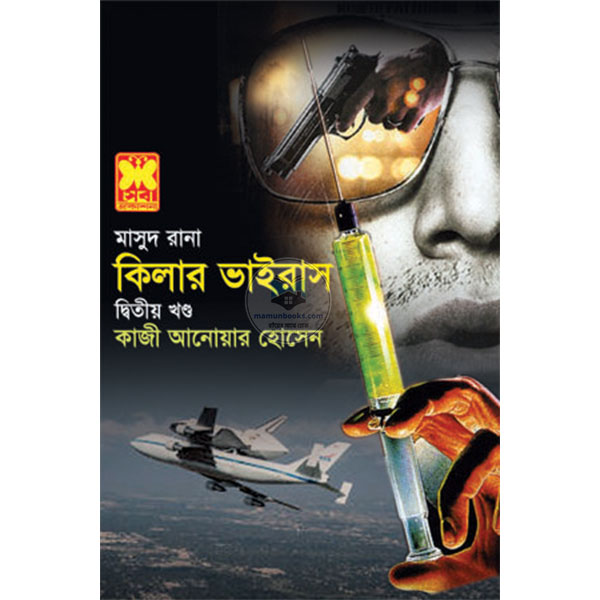

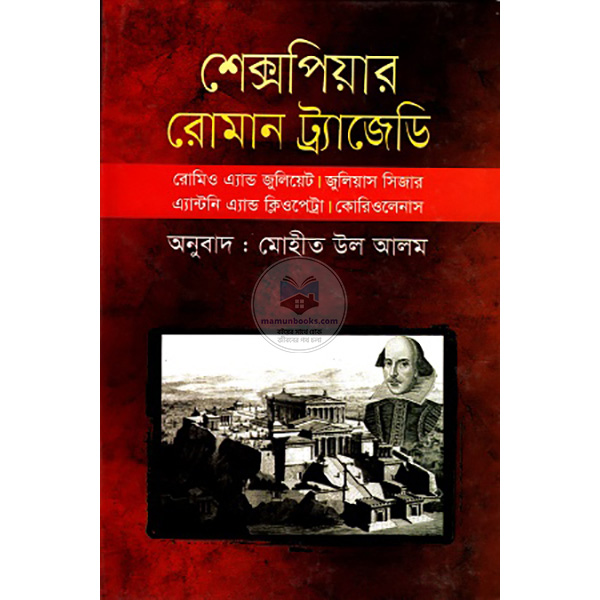
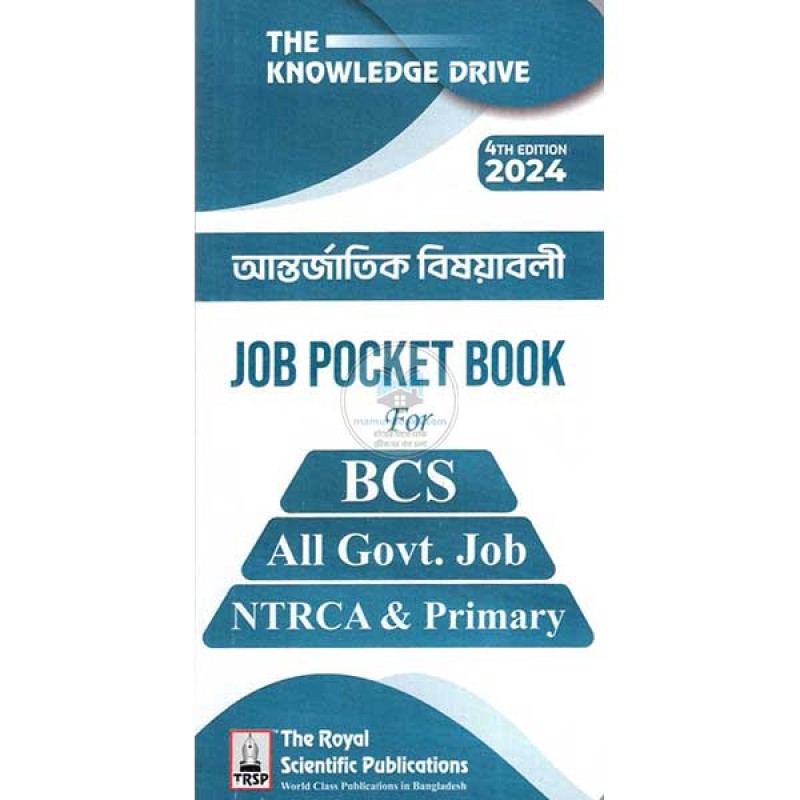
0 Review(s) for Patterns of Working Class Development In Bangladesh Since Independence 1972-1988